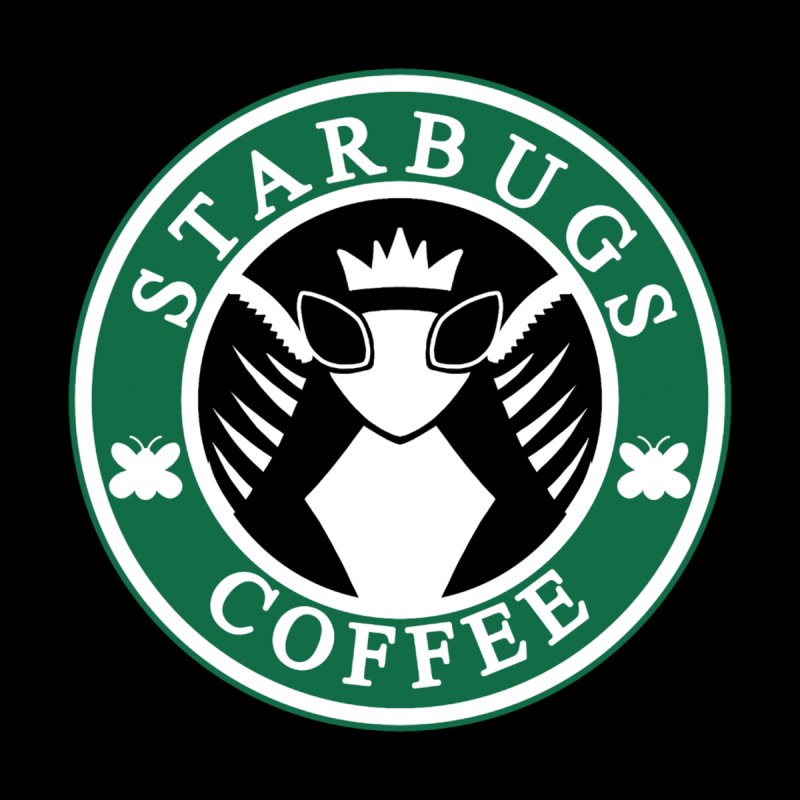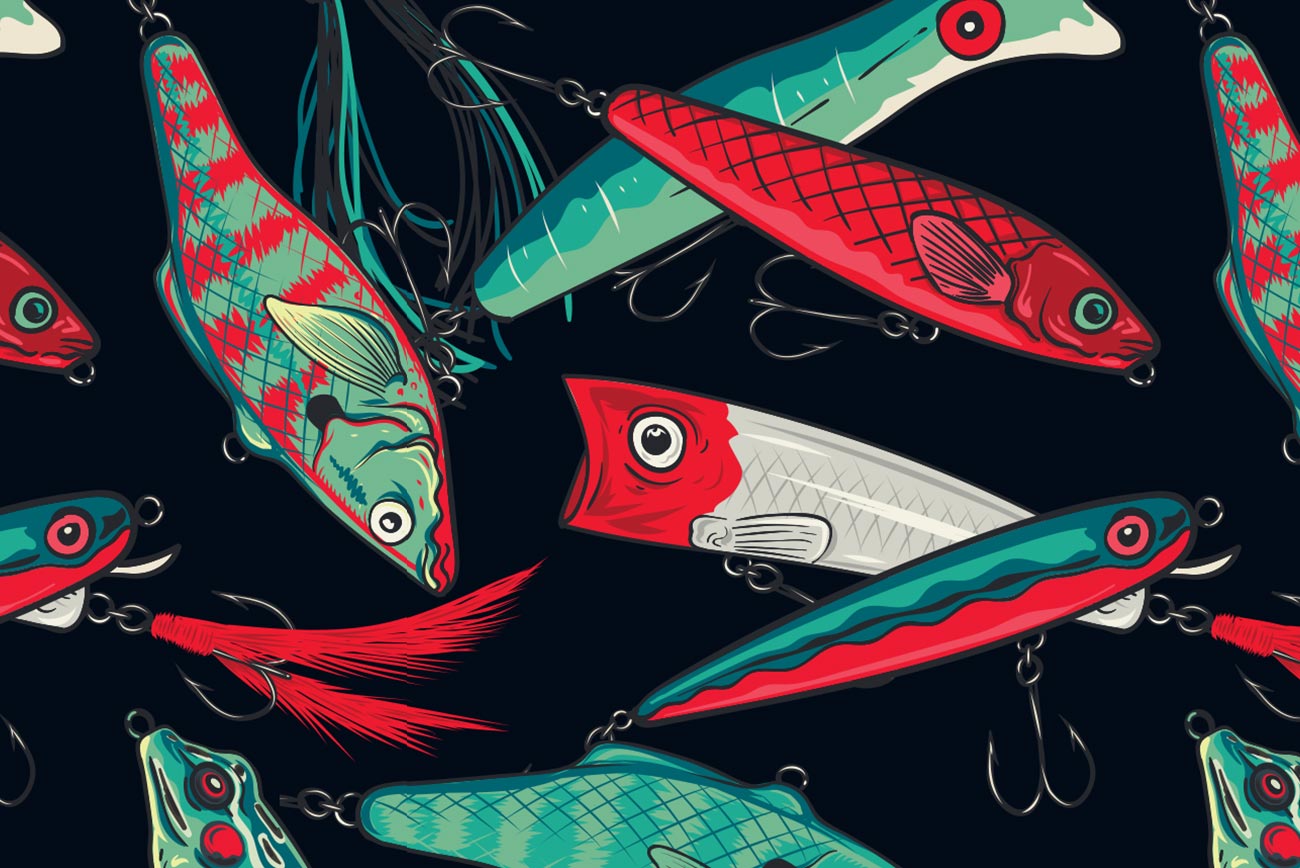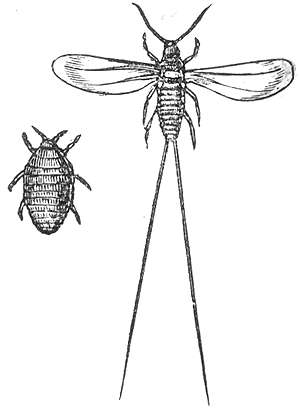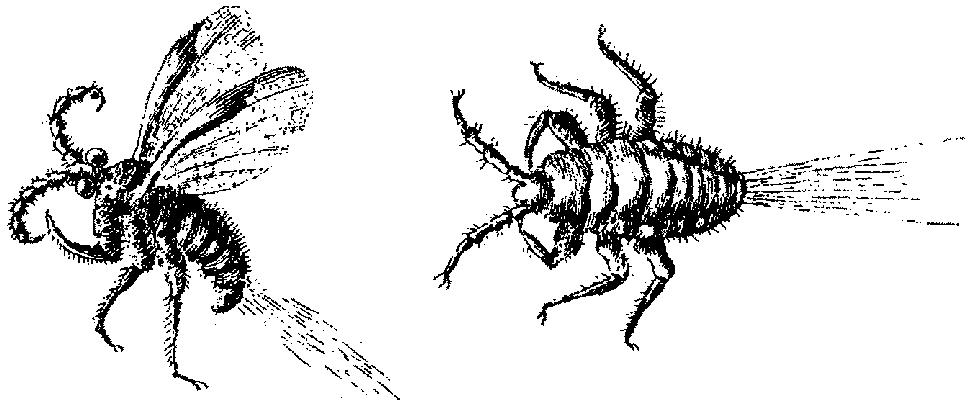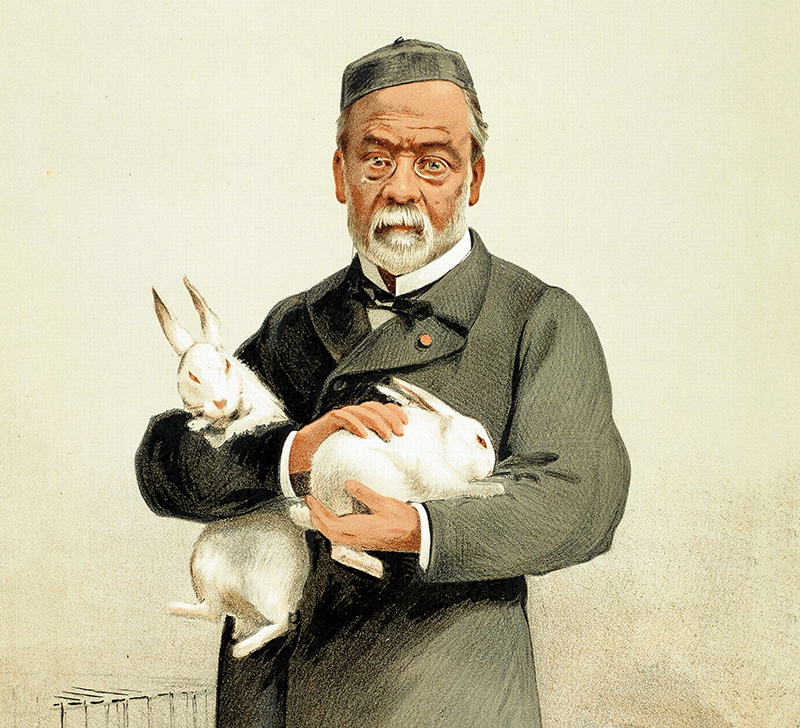Production of Carminic Acid by Metabolically Engineered Escherichia coli
Production of Carminic Acid by Metabolically Engineered Escherichia coliDongsoo Yang, Woo Dae Jang, and Sang Yup Lee Journal of the American Chemical Society 2021 143 (14), 5364-5377 DOI: 10.1021/jacs.0c12406 Abstract: Carminic acid is an aromatic polyketide found in scale insects (i.e., Dactylopiu
Carmine Controversy
Starbucks caught flack for using the ingredient in its strawberry-flavored drinks back in 2012, especially by vegans and those who didn’t eat animals for religious reasons. (treehugger.com) Another article suggests they planned to replace the bugs in several products with lycopene.
Ryania speciosa, Ryanodine and Ryanoids
Ryania speciosa is a species of plant in the family Salicaceae. The species is significant partly because the ryanoid insecticides are derived from, and have the same mode of action as the alkaloid ryanodine, which was originally extracted from
Cochineal
The cochineal (Dactylopius coccus) is a scale insect in the suborder Sternorrhyncha, from which the natural dye carmine is derived. A primarily sessile parasite native to tropical and subtropical South America through North America (Mexico and the Southwest United States), this insect l
Polish Cochineal (Porphyrophora polonica)
Polish cochineal (Porphyrophora polonica), also known as Polish carmine scales, is a scale insect formerly used to produce a crimson dye of the same name, colloquially known as “Saint John’s blood”. The larvae of P. polonica ar
Armenian Cochineal (Porphyrophora hamelii)
The Armenian cochineal (Porphyrophora hamelii), also known as the Ararat cochineal or Ararat scale, is a scale insect indigenous to the Ararat plain and Aras (Araks) River valley in the Armenian Highlands and in Turkey. It was for
Kermes is a red dye
Kermes is a red dye derived from the dried bodies of the females of a scale insect in the genus Kermes, primarily Kermes vermilioThe Kermes insects are native in the Mediterranean region and are parasites living on the sap of the host plant, the Kermes oak (Qu
Rosolio (from around the internets)
Rosolio is a type of Italian liqueur made from a base of alcohol, sugar, and water in the same proportion, which is flavored by adding an essence of any of various types. Despite a common misconception based on the name, rosolio has no direct connection with roses or&nb
Cochineal Etymology
cochineal (n.) “brilliant crimson dyestuff consisting of the dried bodies of a species of insect,” 1580s, from French cochenille (16c.), probably from Spanish cochinilla, from a diminutive of Latin coccinus (adj.) “scarlet-colored,” from coc


